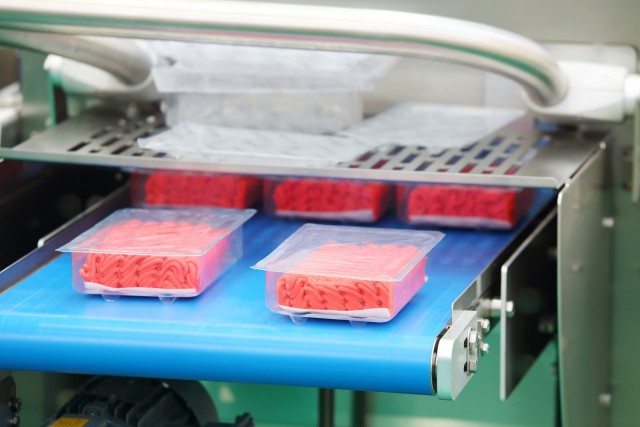The European Union (EU) has awarded the international NanoPack consortium €7.7 million (US$8.82 million) to develop and demonstrate a solution for extending food shelf life by using novel antimicrobial surfaces.
The three-year project is aimed at demonstrating, validating and testing food packaging products with antimicrobial surfaces based upon natural materials.
NanoPack will address scientific, technological, economic, safety and regulatory challenges to ensure that consumers eventually will be able to benefit from this novel packaging.
NanoPack, which is led by the Technion – Israel Institute of Technology, is funded as part of HORIZON 2020, the EU Framework Programme for Research and Innovation.
“NanoPack will enhance food safety for consumers by significant growth inhibition of food-borne microbes, which in turn will prevent food-borne illness outbreaks and early spoilage,” said Dr. Ester Segal, NanoPack’s coordinator and associate professor at the Technion.
She added that NanoPack would help reduce 1.3 billion tons of food wasted each year, which cause major economic loss and significant harm to the world’s natural resources.
“We intend to present better performing, safer and smarter products that will position Europe as the leader in food nanotechnology and smart antimicrobial packaging while increasing competitiveness and growth,” she said.
The active polymer films developed by NanoPack exhibit broad-spectrum antimicrobial properties unmet by existing state-of-the-art materials, which include currently used nanomaterials such as silver particles, which have raised health concerns of toxicity and microbial resistance.
Applying the power of nanotechnology, the project will employ polymer composites based on natural Halloysite Nanotubes (HNTs) as reliable and safe carriers, capable of tailored release of bioactive payloads.
Due to their size, HNTs are unable to migrate from the food packaging into food.
Maximizing safety, NHTs slowly release minute amounts of potent, volatile and broad-spectrum, natural and EU-approved essential oils into the packaging headspace.
The resultant food packaging will release bioactive compounds which are natural potent essential oils that exhibit both antimicrobial and anti-fungal properties.
NanoPack is comprised of 18 partner organizations – leading industrial and research institutes – from Belgium, Austria, Norway, Spain, Israel, Ireland, Denmark, Portugal, France, Germany and the Netherlands.
The NanoPack consortium consists of the following partners:
· Aarhus University MAPP Center (Denmark),
· Active & Intelligent Packaging Association (Netherlands),
· Agora Partners (Israel).
· AIDISA (Spain),
· Arla Foods (Denmark),
· Bio Base Europe Pilot Plant (Belgium),
· Carmel Olefins Ltd (Israel),
· Constantia Flexibles International (Austria),
· Dawn Meats (Ireland),
· DHI (Denmark),
· European Federation of Food Science and Technology (Netherlands),
· European Food Information Council (Belgium),
· Fraunhofer-Gesellschaft (Germany),
· National Research Centre for the Working Environment (Denmark),
· Pão de Gimonde (Portugal),
· Technion – Israel Institute of Technology (Israel),
· Tommen Gram (Norway), and
· Vertech Group (France).










